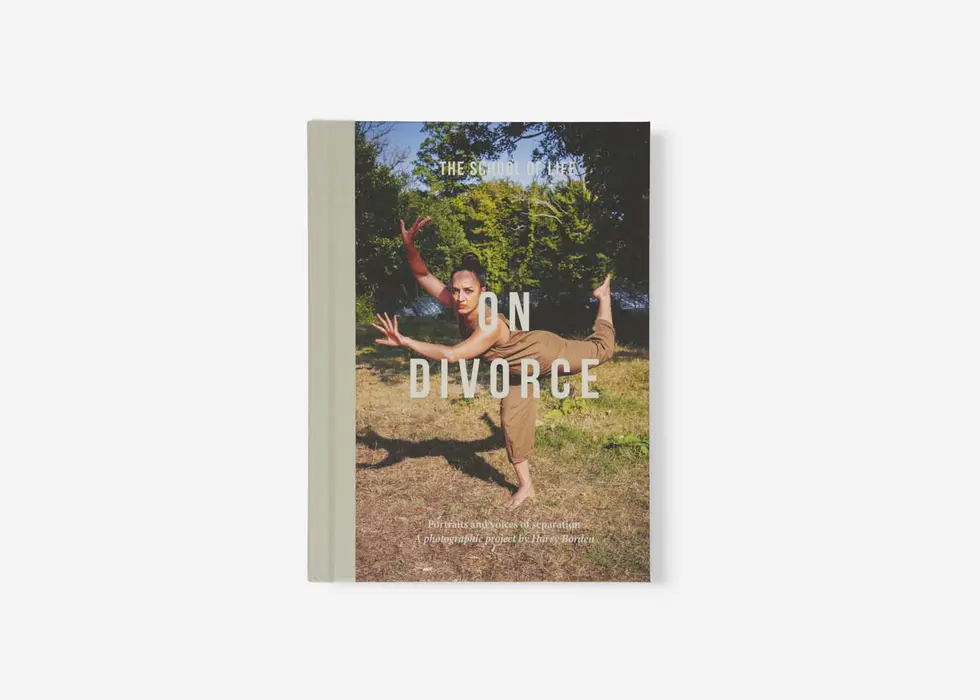Relationships • Mature Love
What Celebrity Stalkers Can Teach Us About Love
A celebrity stalker is an alternately terrifying and absurd figure; convinced of their unwavering and profound romantic bond with a royal or a pop star, a politician or an athlete, a remote high up personage who, for their part, has no clue that their stalker even walks the earth and would have only contempt and fear if they were informed. Whatever the evidence of their beloved’s complete disinterest, the celebrity stalker will not listen. They know as a root certainty that the president and the Olympic medalist, the news reader and the celebrity chef are firmly in love with them too – and are simply keeping their cards close to their chests for now, out of shyness and modesty at the sheer intensity of their emotions.
It might sound strange that this restricted person might have anything much to teach us about love, but in the extremity of their position, they shed important light on an important general phenomenon: how very frightening the idea of reciprocated love can be.

However much we may in theory be interested in two-way relationships, true mutuality brings with it serious challenges – which is why we collectively have tendencies to fall in love with people who live faraway, are married to someone else, or are barred from being with us by reasons of religion, family or corporate policy. Unmet emotion may be hard; it may be a good deal easier than the spectre of reciprocity.
If we are to tolerate the thought that another human might be caring, loyal and kind towards us, we need to have had long experience of love going well for us in childhood – or have had a sufficient number of years of psychotherapy to accept that we didn’t. If news that we are loved back isn’t immediately to set off feelings of nausea, we need to operate with an active sense of our innate value – or we will be pursued by a conviction that they are deluded and might soon discover that we are deep down fraudulent and repulsive (as we ourselves strongly suspect we must be). If things were to go extremely well, this might challenge the whole way in which our characters were forged to endure conditions of deprivation, sorrow, loss and loneliness. If an admirable person told us they loved us, we might choke on happiness, like starving prisoners released from camps killed by the sweets and chocolates offered to them by their liberators.
The celebrity stalker has – in a very far-fetched form – found a bullet-proof way out of all these dilemmas. They have – with fateful ingenuity – picked out someone they can be fully assured will never love them back and will therefore always protect them from their underlying worries about being abandoned, found wanting, seduced and then left – or simply about being at last, with unfamiliar intensity, happy. They can enjoy hours of romantic daydreams without ever once having to pay for them in the tense currency of reality.
The near-comedic paradox is that the very thing that the celebrity stalker appears to want so badly – the attention of their beloved – is exactly what would finally stop them in their tracks. Nothing would more quickly appal them and then encourage them to let go of their passionate beliefs than if the object of their adoration were to step out of their limousine and invite them out for dinner. What every rational, patient argument against stalking had failed to do, the possibility of mutuality would accomplish in an instant.
Most mental illnesses are in the end only ever dramatisations of states that belong to us all: they are permanent psychotic versions of what neurotics know in episodic form. In their dramatic positions, celebrity stalkers help us to appreciate what an achievement it is to be able to chose a lover who has a chance of properly knowing and liking us.
As celebrity stalkers demonstrate, it is easy enough to long for someone; the true journey into maturity (and sanity) begins the moment we become able to live with the fearful prospect that the target of our feelings might actually love us back.


























